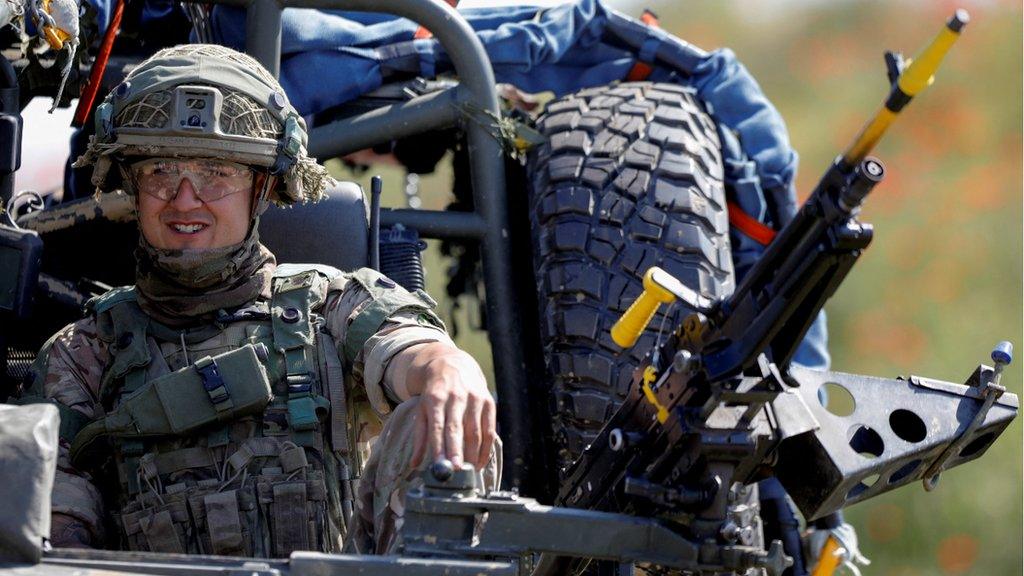Liz Truss defence spending to cost £157bn, says report
- Published
- comments
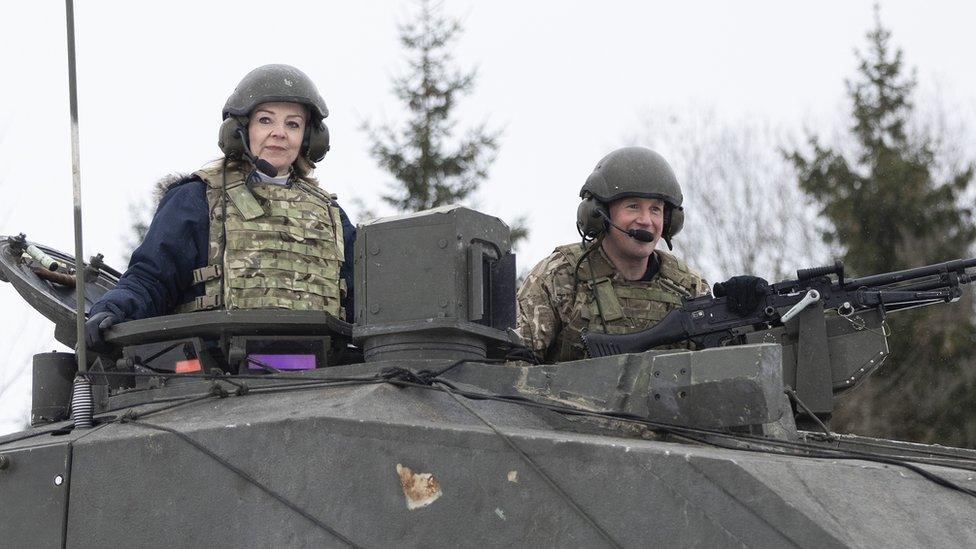
Liz Truss posed for official shots in a tank whilst visiting British troops in Estonia last year
Tory leadership hopeful Liz Truss would have to raise taxes or make cuts elsewhere to meet her spending pledges on defence, a think tank has said.
In a report, the Royal United Services Institute (Rusi) said her commitment to spend 3% of national income on defence by 2030 would cost an extra £157bn.
This would be the biggest increase since the 1950s, it said.
It added there has been little attempt to prepare the public for the "sacrifices" involved in meeting it.
The UK currently spends just over 2% a year on defence. Outgoing PM Boris Johnson argues it is 2.3% including support for Ukraine.
The 2020 spending review allocated an additional £16bn to defence spending over four years.
Foreign Secretary Ms Truss is the pollsters' favourite to win the Tory leadership race ahead of Rishi Sunak, with the winner announced on Monday.
In its report, external, Rusi calculates that, accounting for increased inflation, she would have to increase defence spending by 60% in real terms to meet her spending pledge if she wins power.
Its author, Prof Malcolm Chalmers, wrote that funding this through taxes would require income tax to go up by 5p in the pound, or the standard VAT rate to go up from 20% to 25%.
Alternatively, he said funding the increase through savings would require "significant" cuts to public services or other departments.
Of these two options, increasing taxes was most likely, he added, given the "difficulties involved" in finding big enough savings elsewhere.
In contrast to spending increases on the NHS and social care, he said, there had been "very little attempt to ready the British public for the sacrifices that will be needed for a similar level of increase for defence".
He estimated that meeting the 3% target would likely require Ms Truss to boost troop numbers, currently due to fall to 72,500 by 2025, by 25-30%.
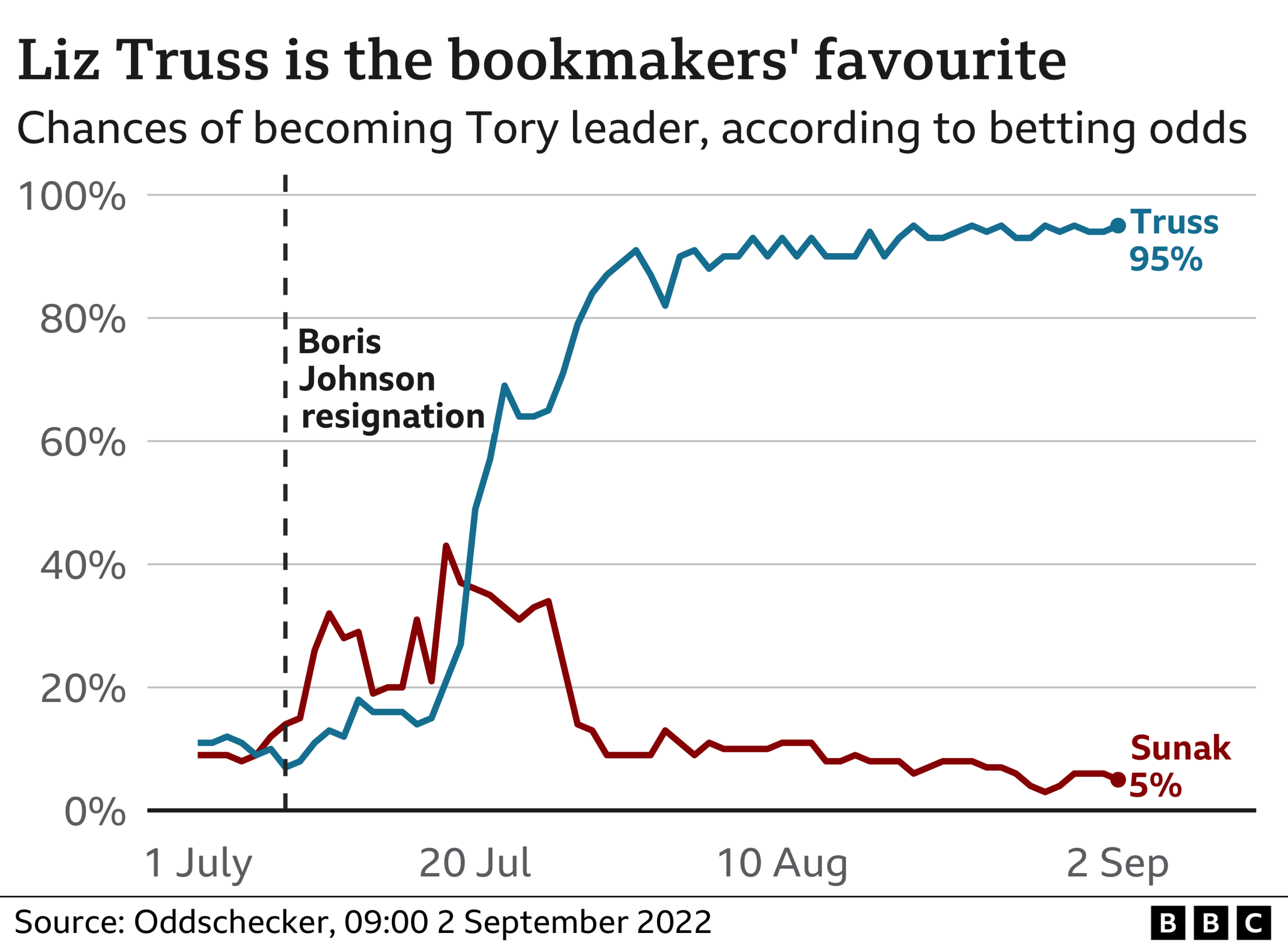
The report added that making sure the extra money is not "eaten up by increased inefficiencies" would require boosting industrial capacities.
It warned that more British pilots, nuclear engineers, aircraft and shipyards would be needed to ensure spending could increase enough towards the end of the decade to meet the pledge.
However, it added that given the UK's "relatively small manufacturing sector," the government might also have to buy more equipment from abroad to meet the target on time.
Ms Truss has said she will meet her defence pledge by delivering a new fleet of submarines and more investment in cyber and space technology.
She has also pledged to review the size of the armed forces, and update last year's UK foreign policy review with a renewed focus on Russia and China.
She has pledged around £30bn in tax cuts if she wins power, and has ruled out introducing new taxes if she enters Downing Street.
Related topics
- Published22 March 2021
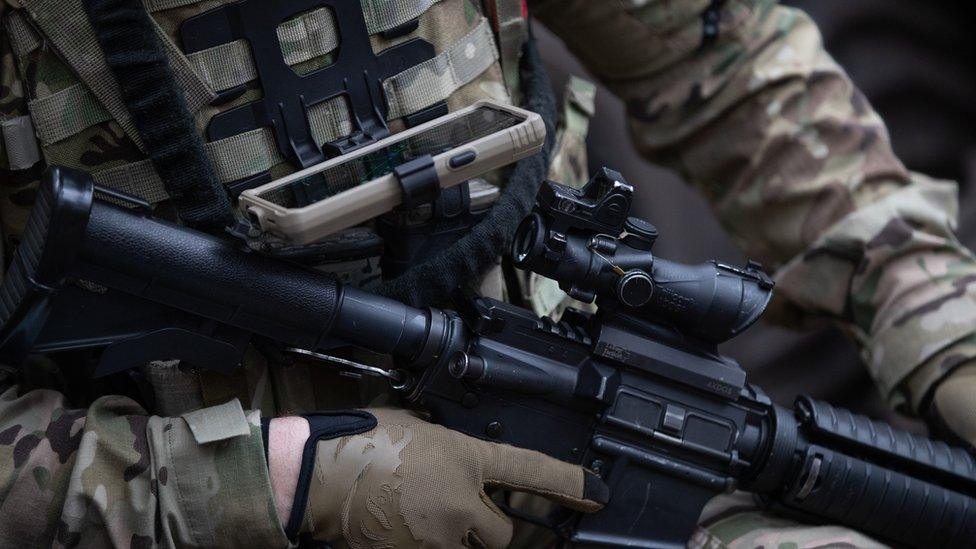
- Published1 September 2022
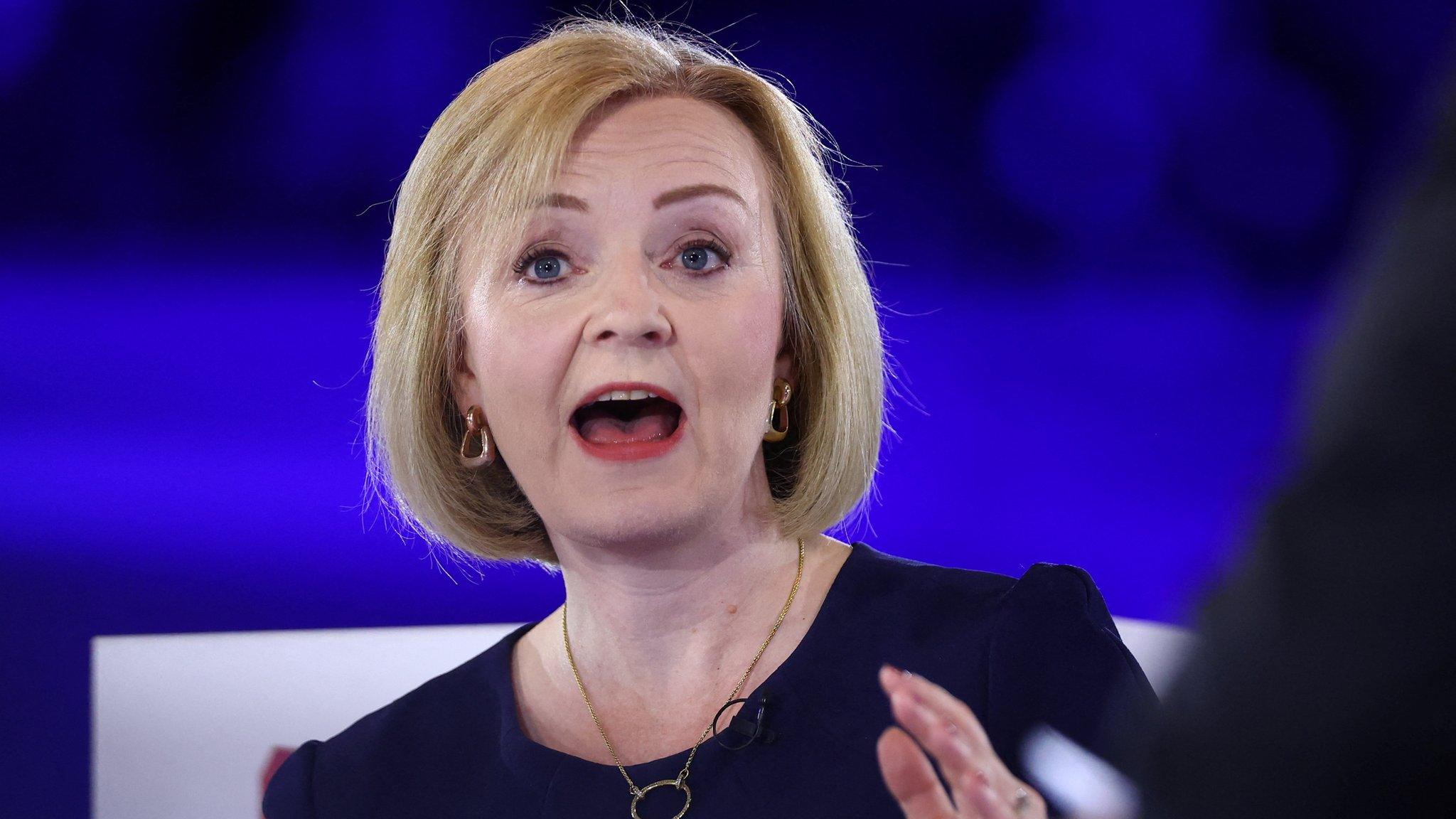
- Published30 June 2022
